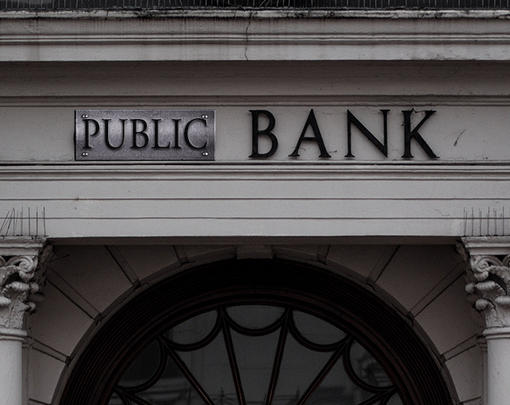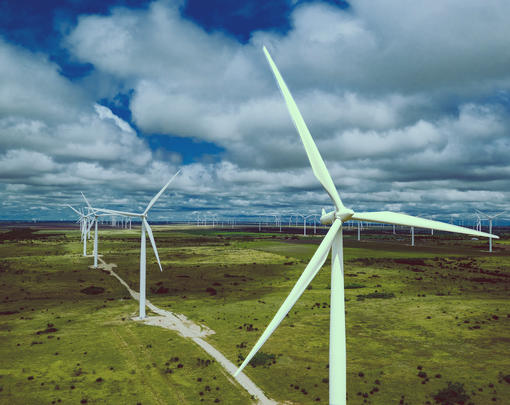This excerpt from America the Possible: A Manifesto, Part I written by distinguished fellow and co-chair of the Next System Project Gus Speth, dives deeply into what transformations will need to occur in order to move forward into a new economic system and leave behind our current decaying one. Speth discusses the aspects of his manifesto and makes sure to highlight that the future must be driven by new economic and political thought. It is not enough to work for reforms anymore, that time has past he states. Now, it is time for true and full transformative change.




